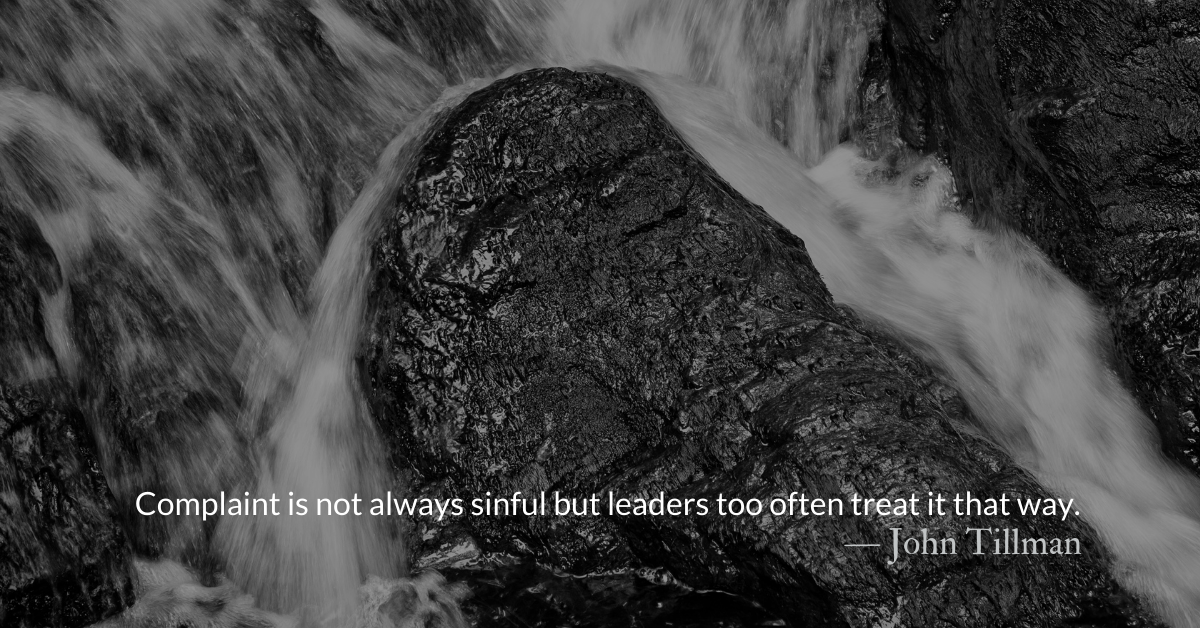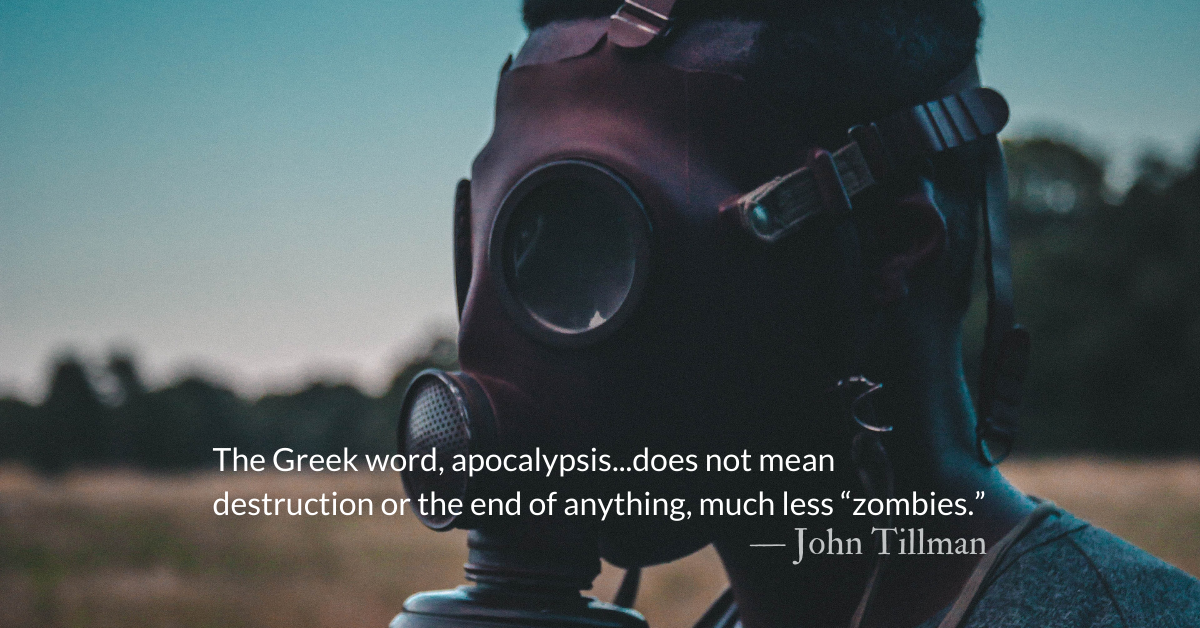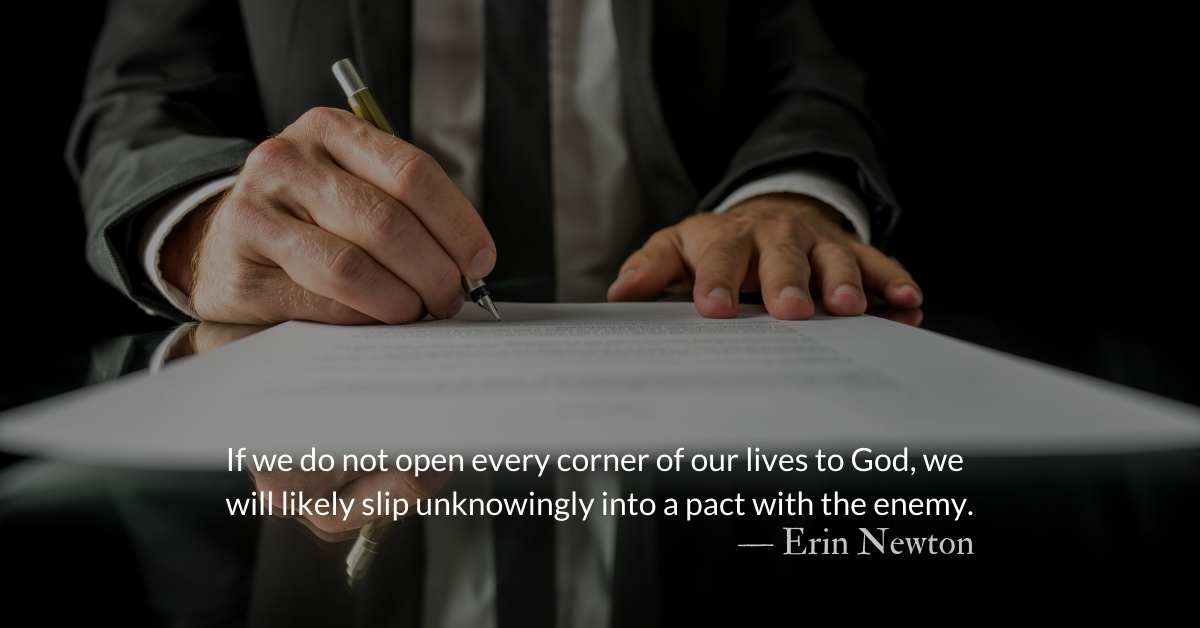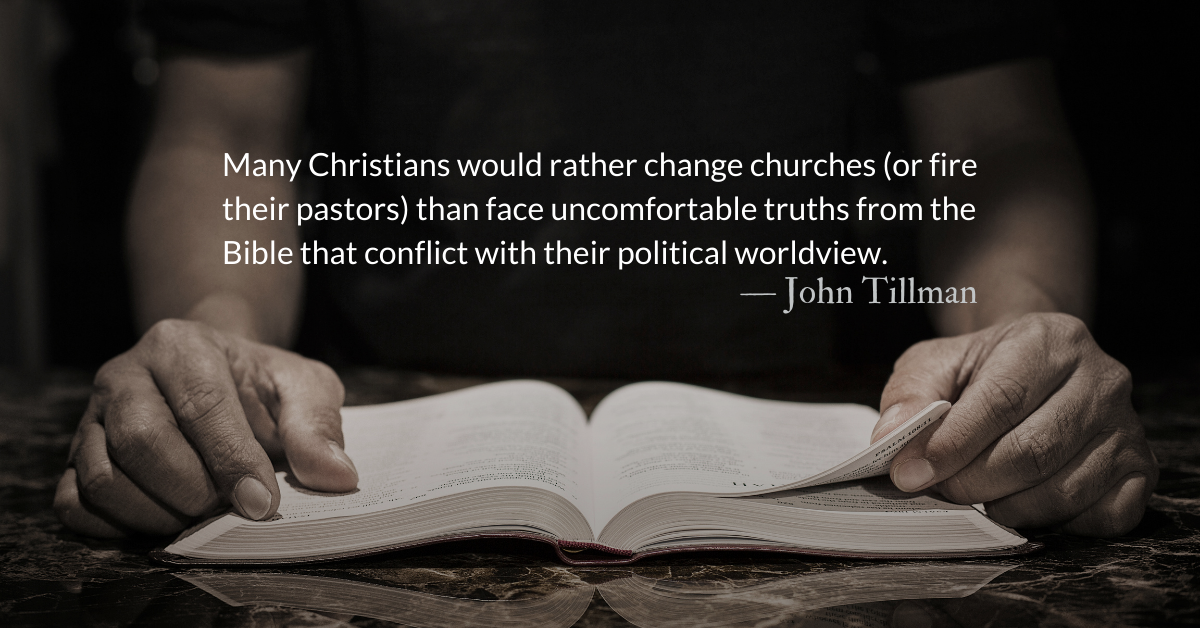Readers’ Choice Month:
In August, The Park Forum looks back on our readers’ selections of our most meaningful and helpful devotionals from the past 12 months. Thank you for your readership. This month is all about hearing from you. Submit a Readers’ Choice post today.
Today’s post was originally published, May 11, 2021, based on readings from Numbers 20.
It was selected by reader, Brad Elledge, from Frisco, TX
“This one hit me on so many levels because it addressed so many of my favorite sin patterns… Leading to gnashing of teeth. Pride and self-sufficiency. Not honoring God. Taking things personally rather than taking the high road and responding in grace. Forgetting God’s faithfulness even when we aren’t faithful. Not trusting God enough to complain when it would be legitimate to do so. Guilty down the checklist. This devotional takes a brief passage and provides an exploded diagram. It no longer looks like an over-reaction from God, but an epic character fail by Moses with consequences for a man who should know better. We all should know better.”
Scripture Focus: Numbers 20.10-13
10 He and Aaron gathered the assembly together in front of the rock and Moses said to them, “Listen, you rebels, must we bring you water out of this rock?” 11 Then Moses raised his arm and struck the rock twice with his staff. Water gushed out, and the community and their livestock drank.
12 But the Lord said to Moses and Aaron, “Because you did not trust in me enough to honor me as holy in the sight of the Israelites, you will not bring this community into the land I give them.”
13 These were the waters of Meribah, where the Israelites quarreled with the Lord and where he was proved holy among them.
Reflection: Complaints and Responses — Readers’ Choice
By John Tillman
Complaint is not always sinful but leaders too often treat it that way.
The Israelites often complain. Sometimes their complaints are unjustified or overdramatic, but other times they concern legitimate needs. Sometimes God calls their complaining or grumbling sinful, but other times no condemnation is specified.
In today’s passage, we see unhealthy complaining and unhealthy responses by leaders. Only Moses’ response, however, is condemned by God. Also, despite Moses disobeying his instructions, God still miraculously answered the people’s complaint. No one is a hero in this passage except God.
Healthy complaints come from reality falling short of what was promised. Israel’s promise from God, through Moses, was a land flowing with “milk and honey.” Not even having water was a natural point of complaint.
Both times Israel complained about lack of water the confrontation got heated and personal. Both times they went beyond complaining to accuse Moses of plotting to kill them. Moses complained to the Lord in Exodus 17 that the people were ready to stone him. (Exodus 17.1-7) In today’s passage, he called them “rebels.” (Numbers 20.8-12) Moses took these personal attacks to heart, growing angry rather than compassionate toward the people’s legitimate needs.
God didn’t condemn the people or Moses for their complaining. He simply supplied their lack. At Rephidim, The Lord stood beside Moses as he struck a rock to bring forth water. At Meribah, God instructed Moses to speak to the rock to bring forth water. It is a tender and god-like act to speak things into being, but Moses rejects this plan, opting for a show of force.
Moses speaks to the people instead of to the rock. Instead of speaking words of life, bringing life-giving water, he speaks harsh, brash, and prideful words. He defends his honor instead of honoring God. He proclaims his power, his ability, and his “righteousness” instead of demonstrating trust in God.
God says to Moses, “You didn’t trust me. You didn’t honor me. But I will still be faithful to the people and supply what they complain for. I will still be faithful to my promise and bring them into the land.” (Numbers 20.12)
For followers and leaders, complaining legitimately and responding honorably are difficult. When the reality of our world does not match the promises of God, complaint can be a spiritual practice rather than a sin. When we complain, instead of calling into question God’s holiness, we can point to God’s holiness as a reason for him to act.
Divine Hours Prayer: The Cry of the Church
In the evening, in the morning, and at noonday, I will complain and lament, and he will hear my voice. — Psalm 55.18
– Divine Hours prayers from The Divine Hours: Prayers for Springtime by Phyllis Tickle
Today’s Readings
1 Samuel 15 (Listen – 5:46)
Romans 13 (Listen – 2:35)
Read More about Readers’ Choice 2021
Have we heard from you yet? Tell us about posts from the past year (September 2020 – July 2021) that have helped you in your faith.
https://forms.gle/ozM13qvW9ouSWhJS7
Read more about Complaining in Prayer
Have you ever wondered if it was appropriate to express your thoughts, feelings, and darkest emotions to God?











